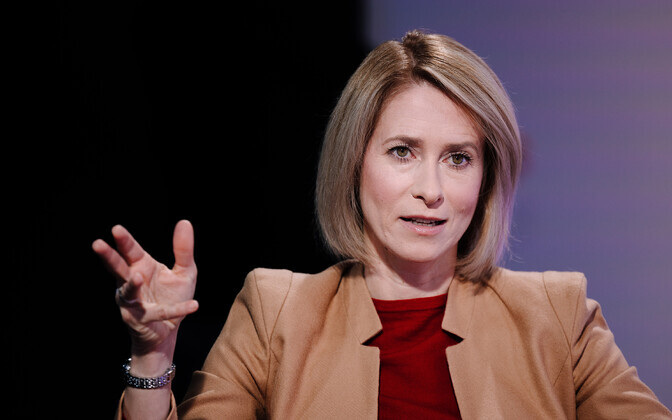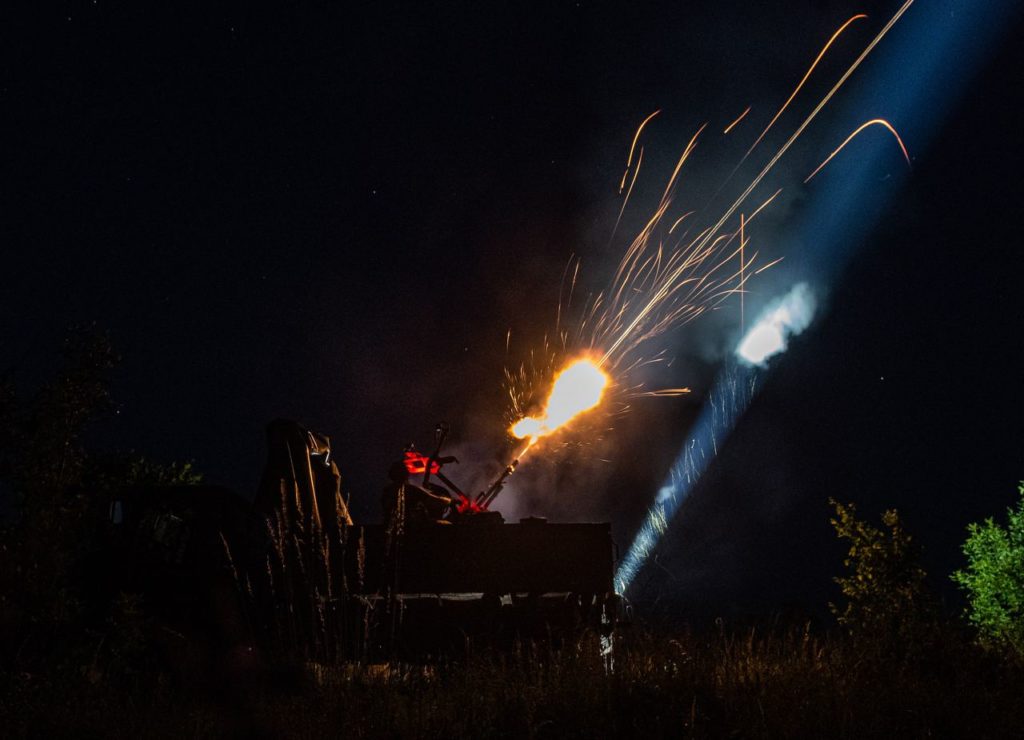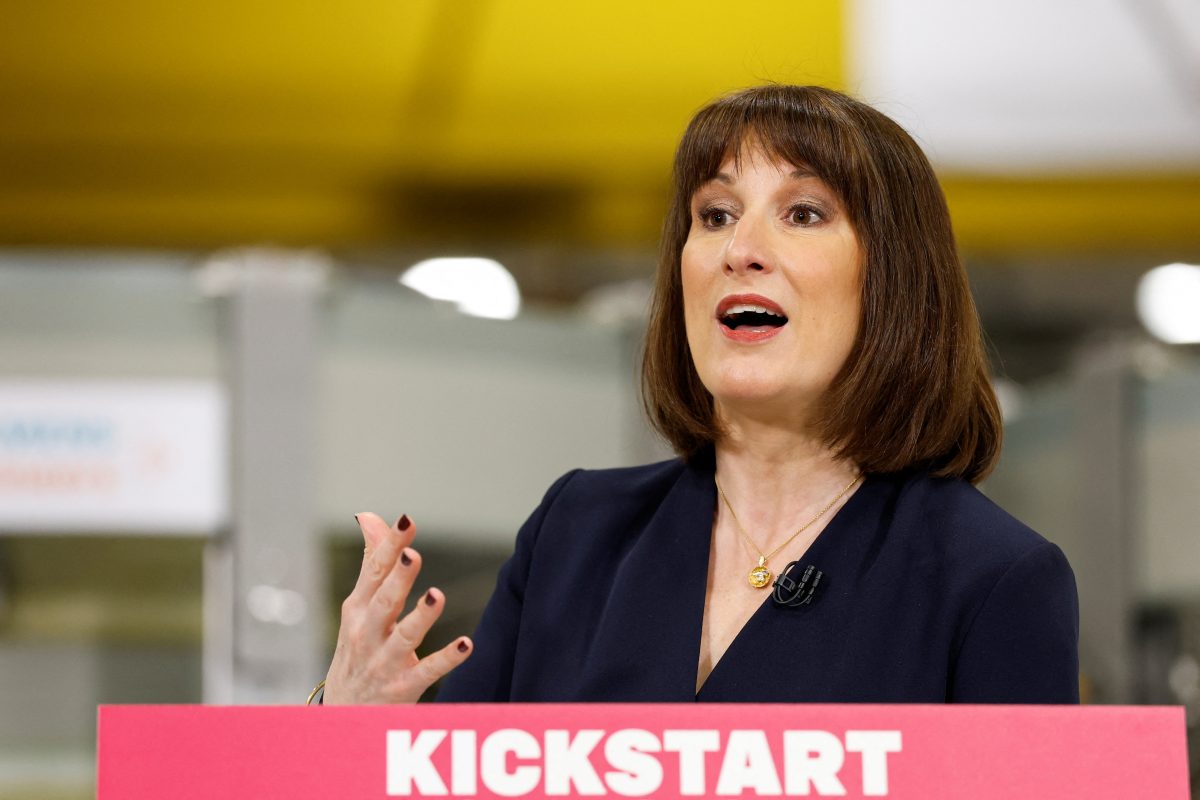EU top diplomat pushes for direct use of Russian frozen funds for Ukraine’s support
Kaja Kallas said Kyiv had a legitimate claim for compensation. The G7 nations and EU now provide Ukraine a loan backed by proceeds from frozen Russian assets, not the assets themselves.


The European Union should use billions in frozen Russian state funds to aid Ukraine, the EU’s new top diplomat Kaja Kallas said in an interview with The Guardian published on 12 December.
Kallas, who serves as the EU’s high representative for foreign affairs and security, emphasized that Ukraine had a legitimate claim for compensation and described the Russian assets held in the EU as “a tool to pressure Russia,” The Guardian reports.
90% of these EU-held frozen assets are held by Belgium-based financial services company Euroclear. The profits from the EU-held assets, estimated between $2.6 billion and $3.2 billion per year, have been used to arm Ukraine and finance its post-war reconstruction.
“Better to have a small bird in your hand than a big bird on the roof,” Kallas told The Guardian referring to the current use of the proceeds
She said the funds could help pay for “all the damage that Russia has caused to Ukraine.” Kaja Kallas called aid for Ukraine an “investment” in European and global security, citing North Korean involvement in Ukraine and Chinese military activities in the South China Sea.
The proposal of the EU’s top diplomat comes amid growing uncertainty over Ukraine’s medium-term funding and reconstruction costs, particularly given Donald Trump’s return to the White House the next month. The US President-elect could reduce or cut US aid for Ukraine, while forcing unfavorable peace talks with territorial concessions.
Kallas stressed that if US support decreases, Europe must increase its assistance to Ukraine.
“If they reduce the aid, then we need to continue supporting Ukraine, because I’m worried about what happens if Russia wins. I think we will have more wars, bigger wars,” she said in the interview with The Guardian.
Speaking about potential peace negotiations with Russia, Kallas noted that “Russia doesn’t want those negotiations.” Regarding recent communications between Vladimir Putin and European leaders, she stated:
“Putin really wants to humiliate Europe. That is what we have to keep in mind all the time.”
Earlier, on 10 December, speaking at POLITICO’s P28 event in Brussels, Kallas addressed the incoming US administration’s stance on Russia.
“If you don’t want problems with China, I think you have to be really strong on Russia,” Politico quoted her as saying, adding that China was “learning from Russia.”
US President-elect Donald Trump, who assumes office on 20 January, repeatedly promised to cut the US aid for Ukraine amid the ongoing Russo-Ukrainian war.
At a separate event on the same day, Kallas emphasized the need for increased support for Ukraine.
“Wars aren’t always won, but they definitely aren’t won when you do not make winning a goal,” ERR reports her saying.
She acknowledged that while the EU’s foreign policy tools mainly consisted of “words, diplomacy and promises,” decisions about weapon supplies remained with member states.
“There are different ideas of what we’re dealing with there, of what it would mean if Ukraine lost and Russia won this war,” she told ERR, emphasizing that the threat extends “far beyond Ukraine” given the cooperation between Russia, Iran, North Korea, and China.
Related:
- Ukraine dismisses Orbán’s unauthorized peace initiative with Russia, rejects claims on Christmas ceasefire
- Ukraine needs more weapons and strong security guarantees before peace talks with Russia, says Zelenskyy’s top aide
- Macron, Tusk to discuss Ukraine support ahead of Poland’s EU presidency
- Russian asset proceeds fund new $20 billion US loan to Ukraine
- Zelenskyy says “Putin fears only Trump and, perhaps, China”
- Trump signals that cutting US aid to Ukraine is “possible” when he takes office



